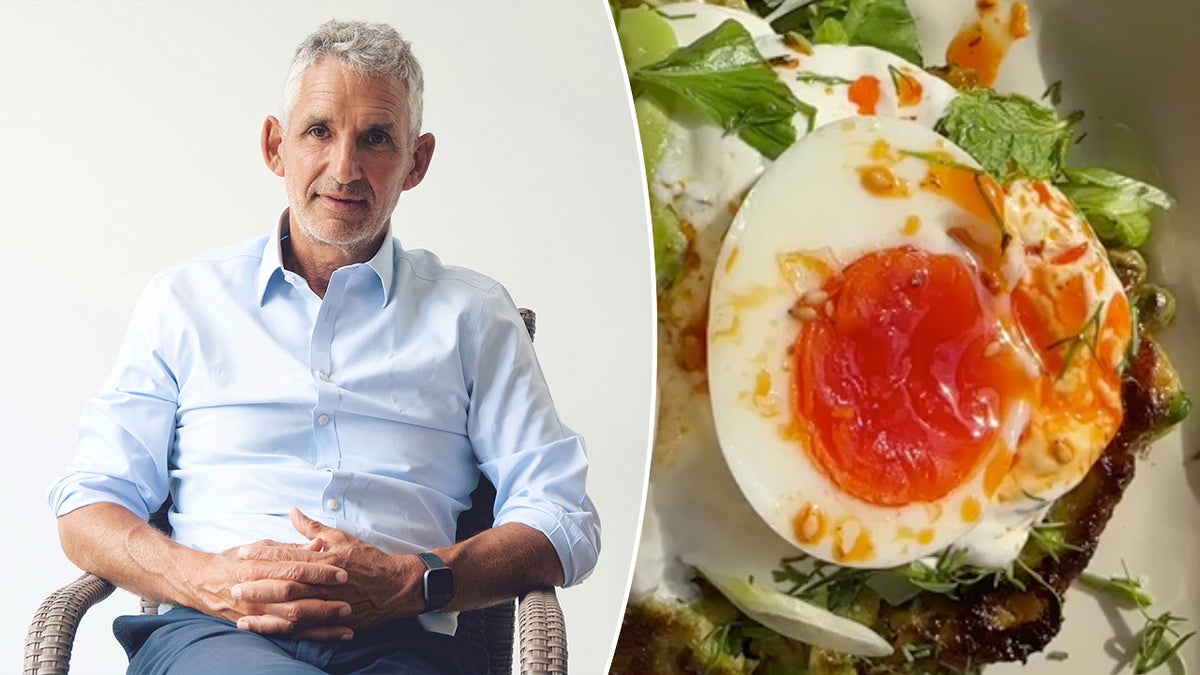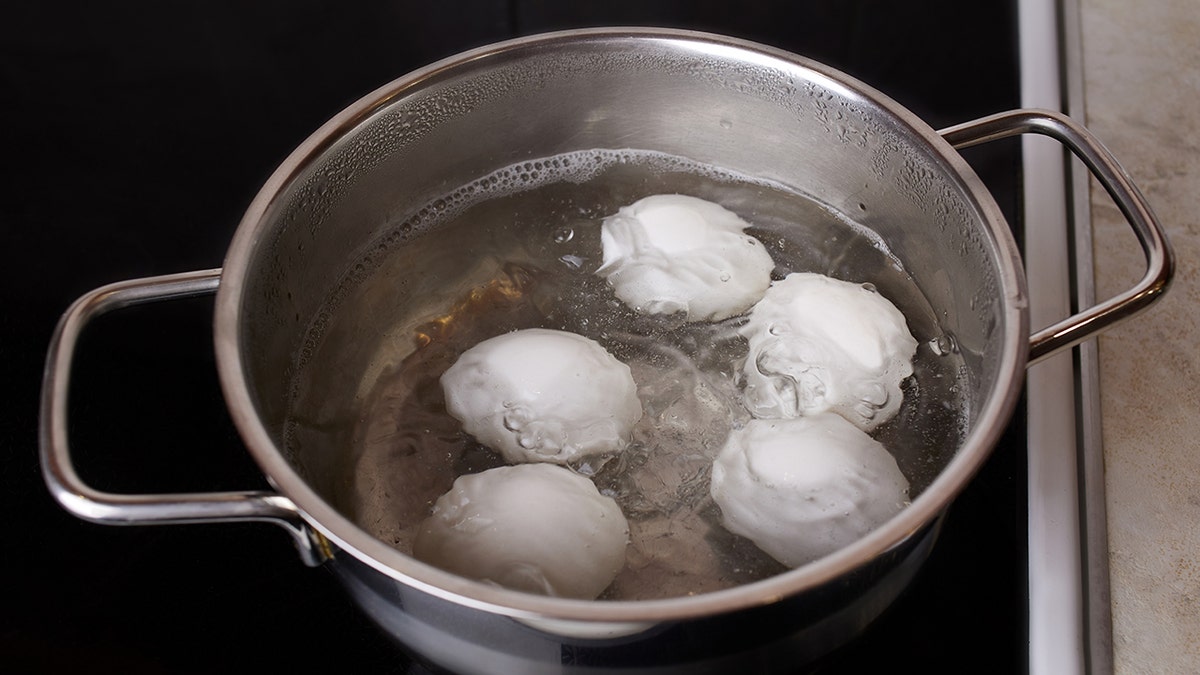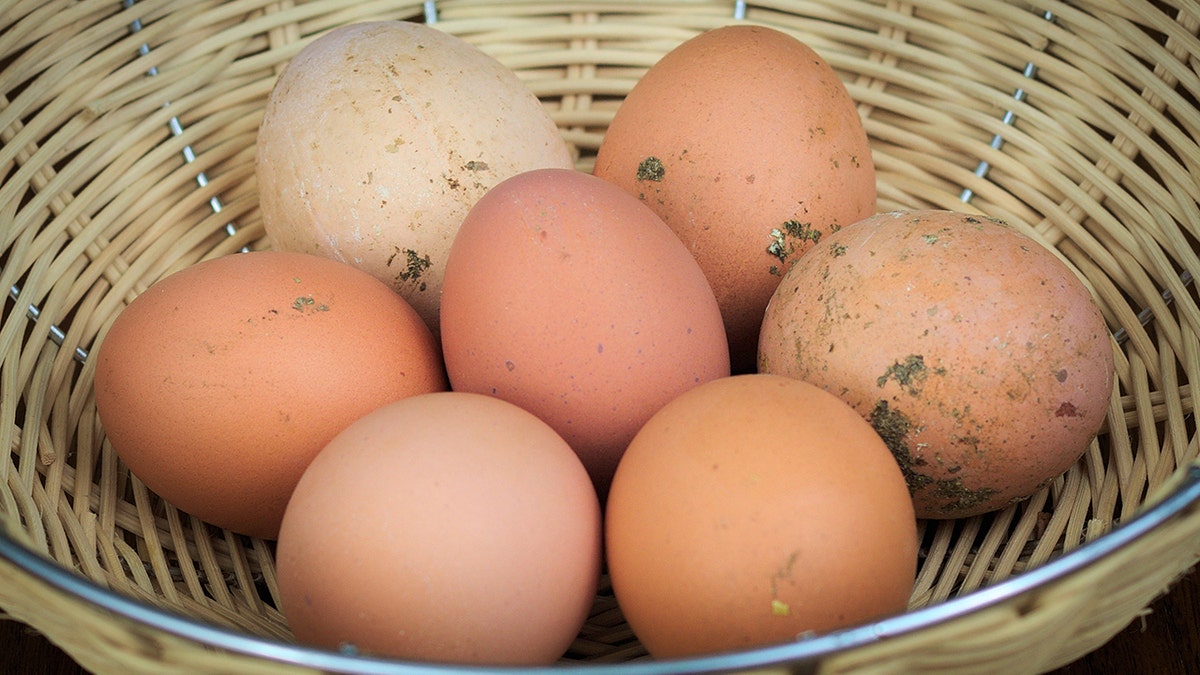With recent bird flu outbreaks impacting poultry farms, questions arise about egg safety. Professor Tim Spector, a genetic epidemiology expert at King's College London, assures us that eggs remain a safe and nutritious food source when handled correctly. He emphasizes the importance of proper cooking to eliminate any potential viral contamination.

Eggs are packed with essential vitamins, minerals, and high-quality protein. The yolk is a particularly good source of choline, vital for brain health, and vitamin D.
Although millions of egg-laying chickens have been lost to bird flu, Spector explains that infected hens don't lay eggs, and commercial farms cull affected flocks. This minimizes the risk of contaminated eggs reaching consumers.

He advises cooking eggs thoroughly to 165°F (74°C) to completely neutralize the virus. Registered dietitian Lauren Harris-Pincus supports this recommendation, suggesting 165°F for egg dishes with meat or poultry and 160°F for quiches and frittatas.
Both experts caution against washing eggs. This can damage the protective layer on the shell, increasing the risk of bacterial contamination. The USDA confirms this, explaining that commercially processed eggs are already sanitized according to FDA regulations.

If an egg appears dirty, wiping it with a cloth before cooking is sufficient. Spector emphasizes that with proper food handling and cooking practices, the risk associated with consuming eggs is minimal.

While the bird flu outbreaks pose challenges to food supply and pricing, eggs themselves remain a safe and nutritious part of a healthy diet.
Comments(0)
Top Comments